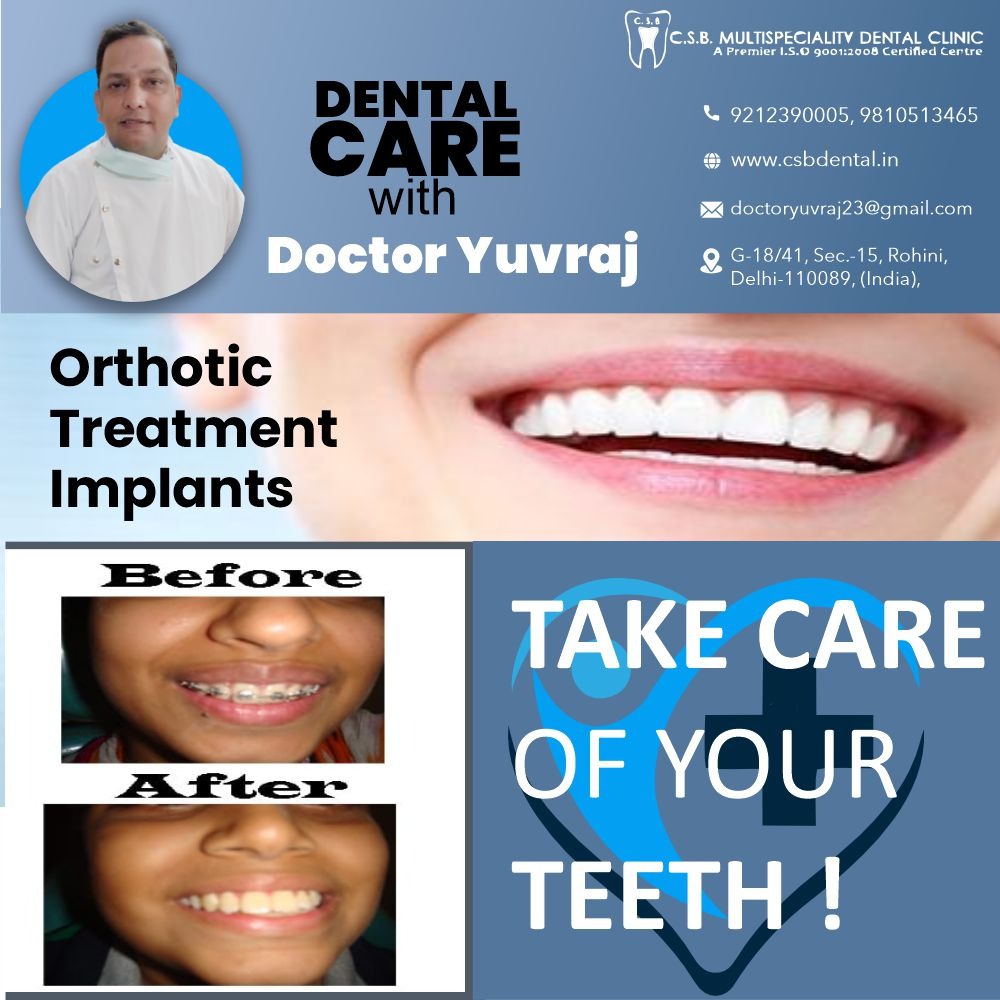What is Oral & Maxillofacial Surgery?
“Oral and Maxillofacial Surgery is the specialty of dentistry which includes the diagnosis, surgical and adjunctive treatment of diseases, injuries and defects involving both the functional and aesthetic aspects of the hard and soft tissues of the oral and maxillofacial region.”
We do everything from:
- Correcting cleft palates to rebuilding jaws, cheeks, noses, eye sockets and foreheads damaged in accidents.
- We remove complex tumors as well as impacted and nonrecoverable wisdom teeth.
- We also do other complex dental extractions.
- We do bone grafts and dental implants to restore jaws.
- Using the same implant technology, we place supports for prosthetic ears, noses, and even eyes and eyebrows.
Much of our work involves cosmetics. whether it is following reconstructive surgery or as elective cosmetic procedures, we change the profiles of faces, reshape noses and remove extra facial tissue.
As with any surgical specialist, dental or medical, OMSes receive rigorous training. It starts with four years of dental school in which candidates learn general dentistry. Depending on the school, they earn a DDS (doctor of dental surgery) or DMD (doctor of dental medicine) degree.
After earning a dental degree, prospective oral and maxillofacial surgeons move on to a hospital-based residency program that lasts at least four years. Completion is intense for these OMS training slots – only about 170 are available each year and most are programs that will only consider candidates in the top 10% of their dental school class.
During residency, OMSes train alongside future anesthesiologists, internists, general surgeons, plastic surgeons, and emergency physicians. Some complete an extra two years of training in an integrated OMS/MD program to obtain a medical degree. Many take fellowship programs for extra training in advanced surgical techniques.
Upon completion of the minimum four years of dental school and four years of hospital training, OMSes become full members of the health care team. Dentists and physicians alike refer patients to OMSes for diagnosis and treatment of oral and maxillofacial problems. And OMSes share calls with medical and dental colleagues in trauma centers and local hospitals.
Most of all, OMSes are dedicated to patient welfare. Whether it’s an injury, congenital defect, or diseases of the face, jaws, or mouth, you can count on an OMS to provide a high standard of care.
- Provide safe and effective office anesthesia.
- Extract impacted and nonrestorable teeth (dentoalveolar surgery)
- Replace lost teeth (dental implants)
- Perform corrective jaw surgery (orthognathic jaw surgery)
- Remove complex tumors (oncologic surgery)
- Rebuild faces damaged by injury or disease (reconstructive surgery)
- Relieve jaw pain (TMJ surgery)
- Perform cosmetic surgery on the face, jaws, and neck


Leave A Message